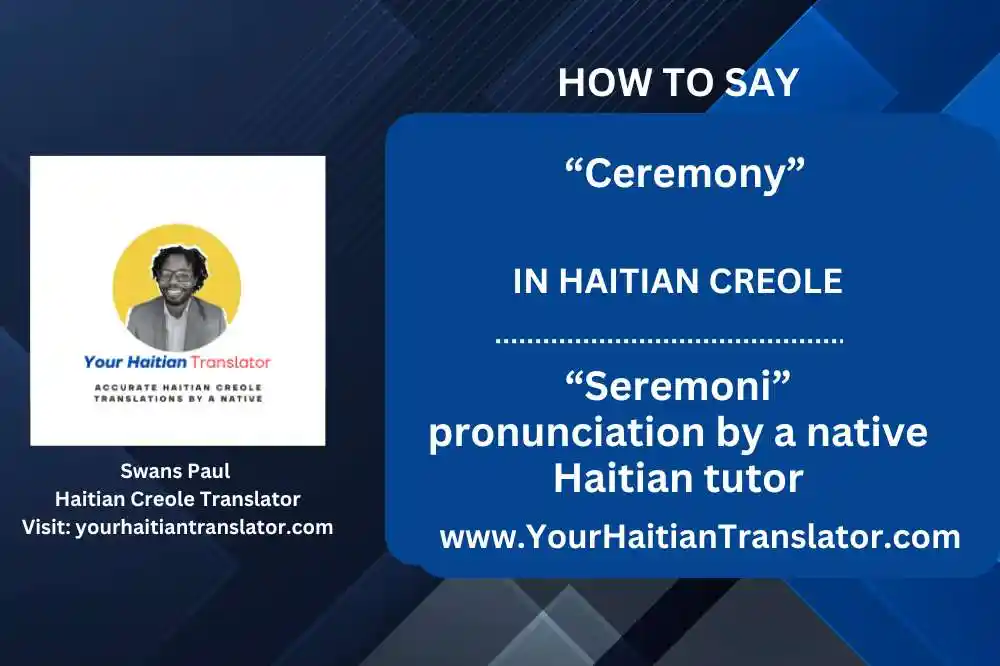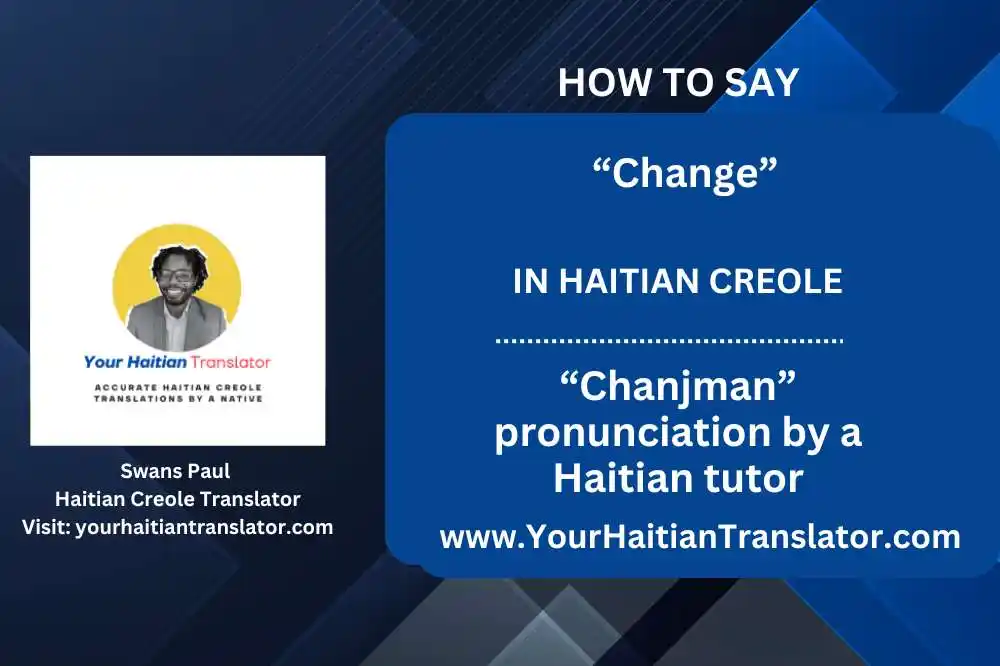There are many areas of our communities that can benefit from improved access to Haitian Creole resources, and schools are obviously high on the list. In order for children of Haitian descent to get the best start in life with equal opportunities, they need access to bilingual support as they learn. Translating vital documents into Haitian Creole can bridge that gap to help kids and parents who could easily fall through the cracks.
Access To Bilingual Education Is A Federal Requirement
In 1968, The US government brought in the Bilingual Education Act to support LESA students – those with limited English-speaking ability. Some states already had significant state-wide policies in place to help those that didn’t have fluency in English, such as regions with large Spanish-speaking communities. This law was seen as a way of moving towards a more tolerant and inclusive society for first and second-generation residents – unlike previous attitudes from the 1950s.
Under the BEA and the Equal Education Opportunities Act, schools and other educational institutions must ensure that every student has equal access to support regardless of their race and national origin. Children from Hispanic families have the same rights to a fair education and appropriate resources as Arabic-speaking children and those that speak Haitian Creole.
Therefore, it is the responsibility of the school to provide Haitian Creole translations and support across the board to help students and their Haitian parents get the most out of their relationship with the school. A good Haitian Creole translator can help guide educators on a range of issues including:
a) preparing important documents for students and parents
b) providing Haitian Creole translation services to make life at school easier for the child
c) providing Haitian Creole translation services to help parents feel more connected with the school system
d) working with the school regularly for a wider-reaching program that connects with the community.
Translating Important Documents From English To Haitian Creole
One of the main benefits of hiring a native Haitian Creole translator is that you have someone to translate vital documents. There will be written documents and files on the school’s system that get printed out and filled in regularly. It is too easy to just copy and paste for all students because you want them all to get the same message.
What if the student and their parents don’t have English as their first language? This is where you need backup versions of these vital documents to suit each student. It is a good idea to add Haitian Creole to the list to support children from that Haitian community. Even if there aren’t any kids from Haitian families enrolled right now, there could be in the future.
These important documents can include the following.
a) General correspondence
b)Report cards
c)Tests
Templates for general correspondence are a great idea. You may have a simple letter on file for truancy, school closures, or other events where you just fill in dates and names.
There must be no room for miscommunication here by either giving Haitian Creole speakers a letter in English, or by running the file through a terrible automated translation system online. A native Haitian Creole translator can go over the wording and create something that families can understand with ease.
The same is true for report cards handed out to Haitian parents. Again, it is easy to copy and paste and fill in the grades. But it doesn’t take much to have a version on file that’s been translated in Haitian Creole. It does the school no harm to communicate this way and ensures that Haitian parents have an accurate idea of their child’s progress.
Then there are the test papers for students. Some teachers may assume that the fairest approach is to have exactly the same paper for all kids – all written in English. However, this can put Haitian children on the back foot as mentally translating the test paper becomes an unnecessary additional element to the examination.
Instead, the fairest approach is to ensure that all kids have a test paper translated in Haitian Creole, their native tongue. Again, a professional can translate English to Haitian Creole for a reliable replica of the original test.
The Benefits Of Haitian Creole Translation For Students
According to the US Department of Education, “In 2015–16, 84 percent of students nationwide graduated from high school on time (in four years, and accounting for transfersa). For ELs the rate was 67 percent, up from 57 percent in 2010–11..”
This means it is important that bilingual students get adequate support to stay on target with their peers. Haitian Creole translation of papers and resources is a good start for an even footing.
But the simple act of teachers using and speaking Haitian Creole allows for a greater level of acceptance and equality. Kids don’t have to feel lesser or that they are constantly trying to catch up. Also, encouraging kids to be bilingual makes it more likely they will learn more languages and use these skills in adult life.
The Benefits Of Haitian Creole Translation For Parents
The benefits of using translators for Haitian Creole extend to the parents too. Parents need to feel as though they are a part of their child’s education and any important decisions about their future. This is much easier when there is a translator on hand to ensure a greater understanding between both parties. A willingness to communicate in a family’s native language also shows greater acceptance and tolerance, which can help Haitian families feel more at home.
The Benefits Of Haitian Creole Translation For The Wider Community
Finally, there are the benefits of improving English to Haitian Creole translation for the community more generally. A good school is the center of the community for young families. All the local children get their education there. Parents can form new relationships with each other at the school gate or parents’ evenings.
There are also other social events where Haitian families can connect or meet parents from other nationalities. Every family must be as welcome as possible at these events. Haitian Creole is a language overlooked compared to more common languages. But simple additions to signage around the building and basic greetings go a long way.
In short, it doesn’t matter how many children speak Haitian Creole in your school. What matters is that you have the resources to support them if they do. All bilingual children deserve the same opportunities to thrive, and accurate English to Haitian Creole translation provides that for students of Haitian descent whose parent might be recent immigrants with limited English skills.

Swans Paul, Haitian Creole Translator, (and a polyglot who speaks Haitian Creole, French, English, Brazilian-Portuguese, Spanish, and some Italian), born in Haiti and college-educated in the US. Over 9 years of experience in Haitian Creole translation, transcription, editing. Worked as a Haitian Creole translator in two movies: the Will Smith Movie: Emancipation; and “The Exorcist: Believer”.
Related Posts
“Ceremony” translates as “Seremoni” in Haitian Creole + “Seremoni” pronunciation in Haitian Creole Meaning: “Ceremony” = “Seremoni” Pronunciation: “Seremoni” Pronunciation in Haitian Creole by a native Haitian can be heard [...]
“Change” translates as “Chanjman” in Haitian Creole + “Chanjman” pronunciation in Haitian Creole Meaning: “Change” = “Chanjman” Pronunciation: “Chanjman” Pronunciation in Haitian Creole by a native Haitian can be heard [...]



